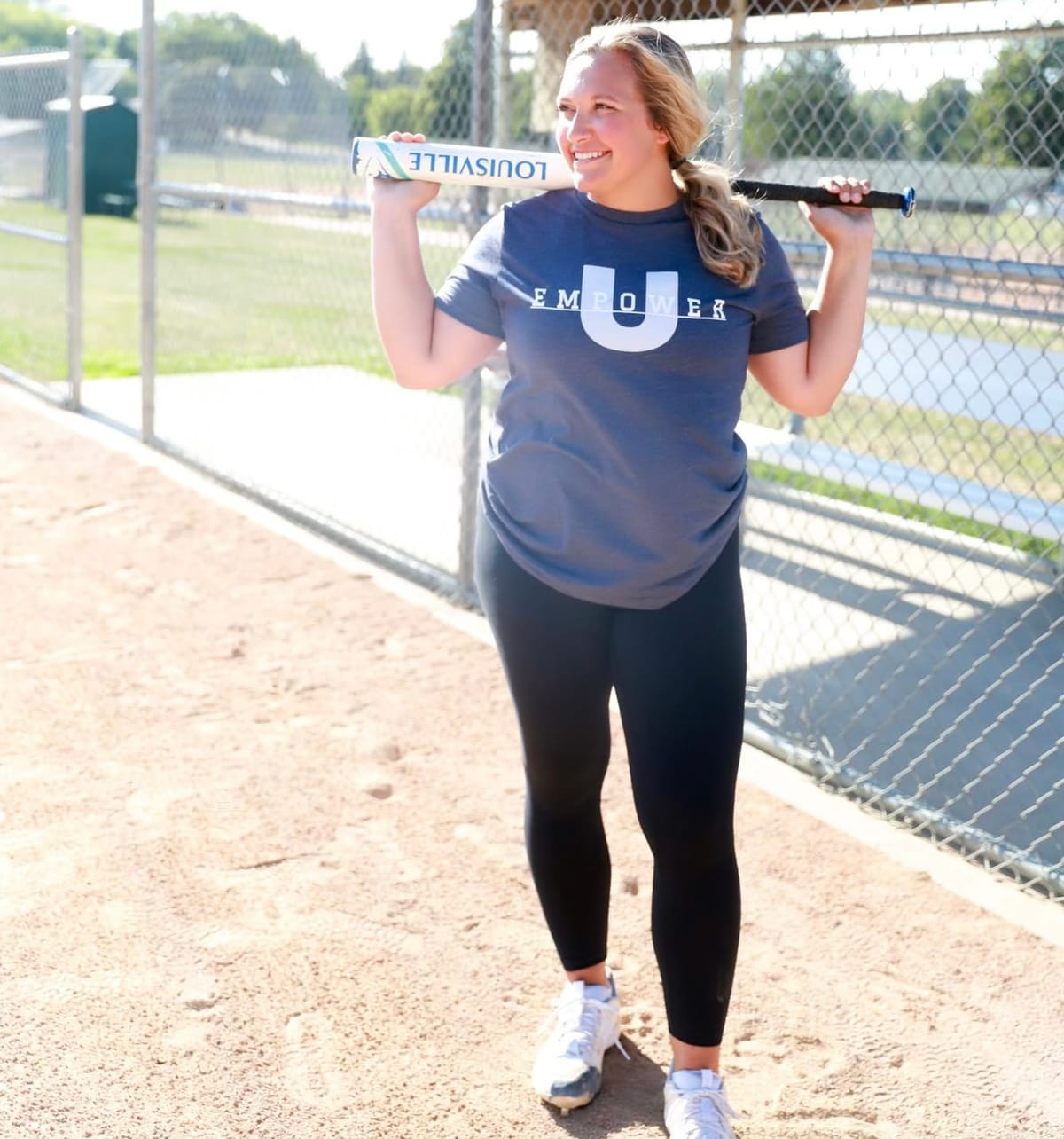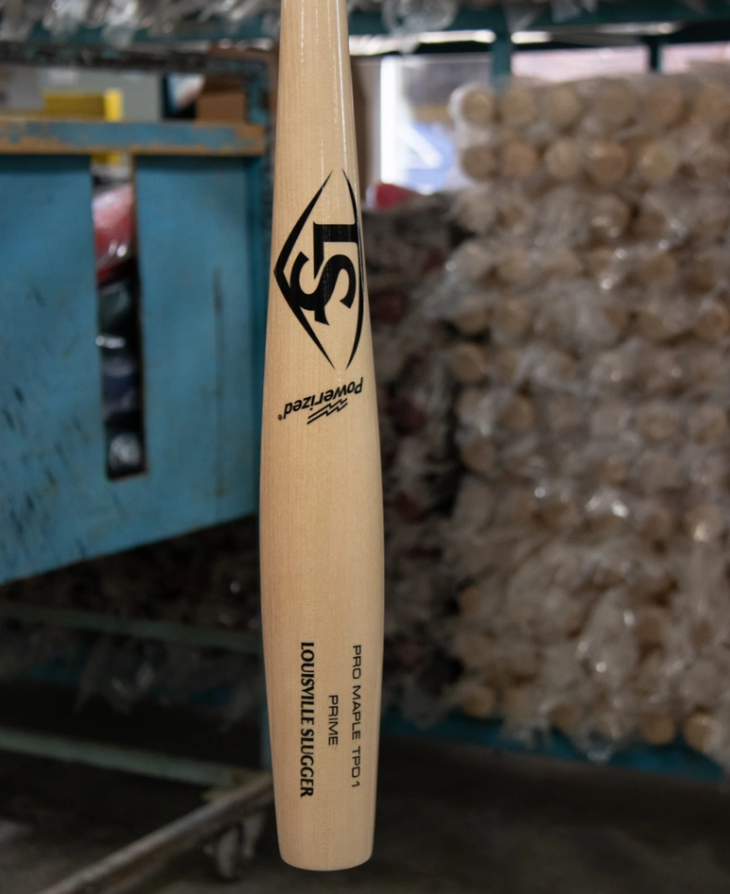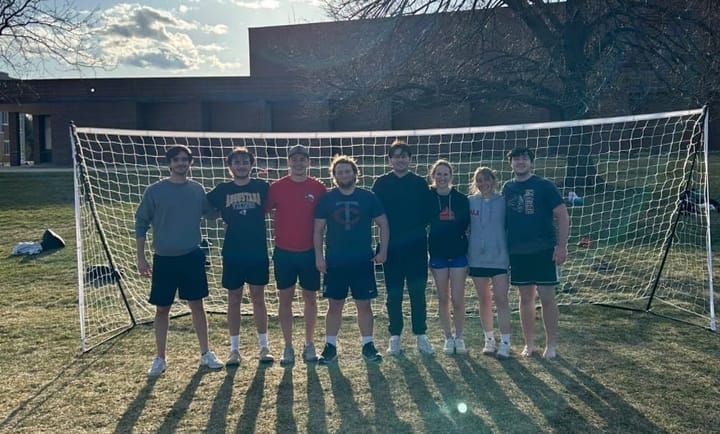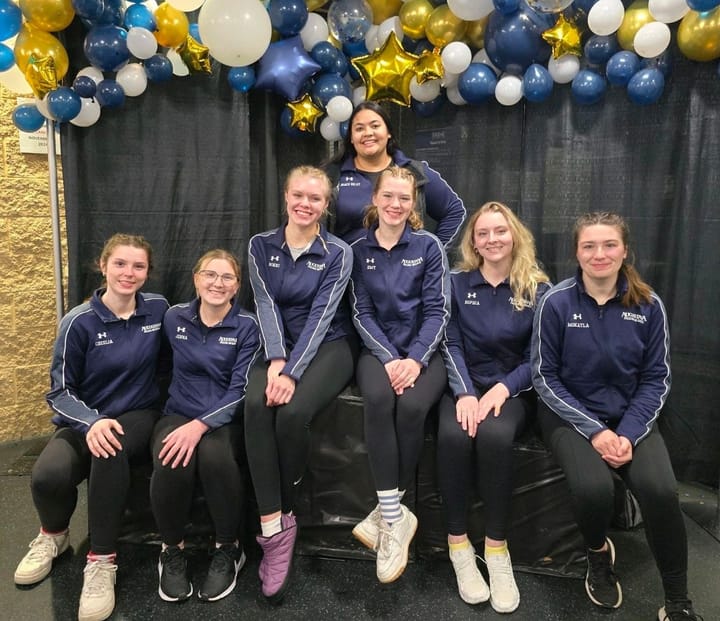Athletes take advantage of NIL deals

The introduction of name, image and likeness rights for student athletes has significantly changed the scene of collegiate athletics in recent years, allowing student athletes to profit financially by using their school’s official logos and trademarks.
NIL provides opportunities for student athletes to earn anywhere from $50 to thousands of dollars by working with brands, companies and individuals to monetize their name, image and likeness.
Augustana currently has more than 350 student athletes registered and ready to take advantage of their NIL rights, according to listings on Opendorse, an athlete marketing company the university has partnered with. The athletes’ starting prices range anywhere from $2 to $36.
Augustana became the first Division II university to partner with Opendorse in December 2020 in an effort to help student athletes build their brands “through engaging digital content,” according to GoAugie.
“I think NIL is a great platform for student athletes to network,” senior football player JayVian Farr said. “Not only network with different companies and the people that are directly in contact with them but being able to get their name, image and likeness out there to the broader community.”
Under the broad umbrella of NIL, Opendorse provides opportunities for student athletes to make appearances, sign autographs, create social media posts and even seek a free real-estate license. It operates as an online platform, facilitating athletes’ engagement with their personal brands through social media to help them navigate the dynamic terrain of collegiate athletics and maximize their prospects within the limitations of the NIL.
“Opendorse is technically supposed to be where brands can reach out to athletes easier and where you can be found by brands,” sophomore Bryn Greenwaldt, a swimmer and high jumper on the track and field team, said.
Greenwaldt signed her only collaboration with St. Cloud Orthopedics in October 2023 for her career in swimming.
“They did a commercial, and I think they have a billboard up, and they have some posters, so they have some really cool stuff,” Greenwaldt said. “I went there for an afternoon, and I did what I needed to do and then that was kind of it. I don’t really have anything continuous.”
Since July 2021, the NCAA has allowed student athletes to become eligible to receive NIL salary, which was previously forbidden. Those former restrictions mainly resulted from worries about preserving amateurism and making sure student athletes can compete on an even playing field.
Some believe that collegiate athletics could become more chaotic due to negative aspects of NIL. According to Inside Higher Ed, some longtime critics of NIL feared it would “usher in a pay-to-play era.” Others worry NIL could create inequities among student athletes. For example, some elite professional athletes sign big contracts while others have difficulty finding NIL opportunities.
“It’s kind of hard because I haven’t really found myself in a position where I’m getting a lot of those offers,” Greenwaldt said.
According to Greenwaldt, she did not receive any NIL offers after placing second in the 50-meter freestyle at nationals last year.
“So, it’s kind of hard for me being in a sport that people aren’t super interested in because I have the same opportunities in theory, but I don’t really at the same time,” Greenwaldt said.
The NCAA consists of about half a million college athletes. According to Duke Trinity College of Arts and Sciences, NCAA previously only allowed student athletes to receive compensation through scholarship, and the athletes were not allowed to sign brand deals or sponsorships. Breaking these rules resulted in a loss of eligibility to compete; however, in 2021, the NCAA created a new policy of NIL, which varies by state, allowing the compensation of an athlete’s brand.
For example, Caitlin Clark, the record-breaking women’s basketball player from the University of Iowa, has entered the NIL deals market and used her fame to promote companies such as Hy-Vee and State Farm. Through these collaborations, Clark has grown her brand outside of the basketball court and made a name for herself in the endorsement industry. The last evaluation by On3 Elite, a site that tracks NIL deals, reports that Clark’s final valuation prior to her graduation was $3.4 million.
Augustana has navigated the changing landscape of NIL rights with a focus on empowering student athletes to use their personal brands.
Nick Moen, the assistant director of athletic administration, has played an active role in embracing the growing interactions of collegiate sports. Moen said Augustana is creating a community that promotes campaigns among its student athletes by giving them the tools and support they need to take advantage of NIL opportunities.
“As the point person in the athletics department for name, image and likeness, I'm thrilled that Augustana University continues to offer support to our student athletes in the NIL space through our partnerships with Opendorse and Athlete's Thread,” Moen said.
Athlete’s Thread is “a custom apparel brand within the NIL space,” and it provides student athletes the opportunity to have merchandise stores created for free on Athlete’s Thread’s website. People can purchase crewnecks, hoodies, t-shirts and more, all of which are adorned with specific athletes’ jersey numbers and names in addition to Augustana colors and emblems.
Moen said he works with Opendorse to offer educational resources to athletes so they're aware of their rights as well as their responsibilities, the unknowns and possible costs involved in signing sponsorship deals.
Moen said if a student falls into a contract trap, it's most likely because “they are unable to understand the small letters of the agreements, which eventually hide other secret charges for the athletes."
Despite such concerns, many Augustana athletes have said they feel empowered using NIL.
Senior softball pitcher Grace Glanzer currently has three collaborations, one separate from NIL as an individual collaboration with Proven Brand. Glanzer said that when she transferred to the team this year, she needed a new glove with a Viking logo stitched onto it, so she reached out to Proven Brand and asked if it had any opportunities for college athletes.
“The glove has been great. I get a lot of compliments,” Glanzer said. “It’s just cool when people ask me, ‘Hey, where’s your glove from?’ and I can say, ‘This is the brand that I got it from, and I’ve loved it. It has worked great for me, and I will get my future gloves from there.’”
Glanzer has two other collaborations with NIL: one a collaboration with Empower U, a physical therapy company in Sioux Falls, and the other for apparel, selling merchandise with her jersey number and name.
Glanzer, who is from Sioux Falls, said she has enjoyed seeing friends and younger athletes she coaches sporting her apparel.
While promoting for Empower U, Glanzer can receive 12 treatments throughout the course of her contract for pain management and relief. She said she also receives apparel and some therapeutic equipment, including a branded foam roller and lacrosse ball.
In return, Glanzer said that she leaves Google reviews and posts once a month on Instagram, in addition to a few other requirements.
“I have made tremendous relationships with those employees there, and I think that’s going to even further me in life rather than just softball,” Glanzer said.
Greenwaldt said, overall, NIL presents a unique opportunity for herself and other athletes at Augustana.
“Even being a part of a sport that doesn’t get as much publicity or doesn’t get reached out to as much, it is still an option out there,” Greenwaldt said. “Because, even for me, I haven’t been reached out to by a lot of companies, but the company I did work with, that was a big deal for me, and the fact that I even had the opportunity to do that, even if they’re far and few between, is really cool.”



